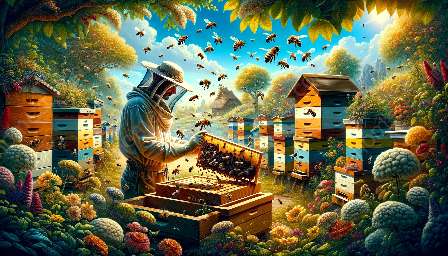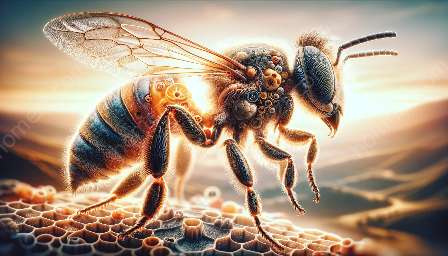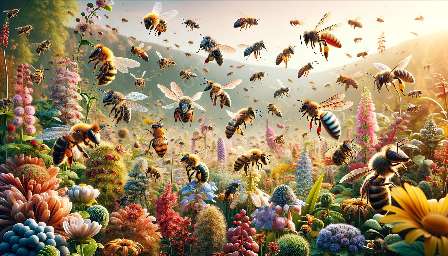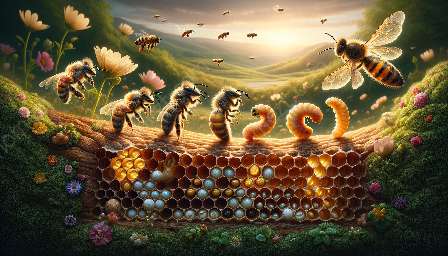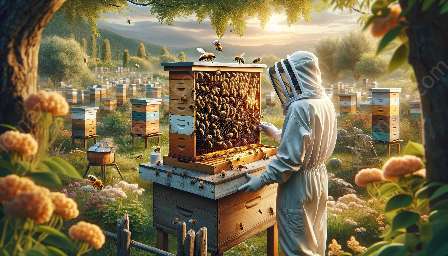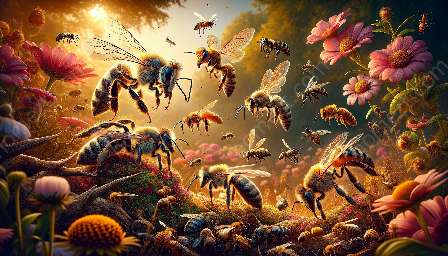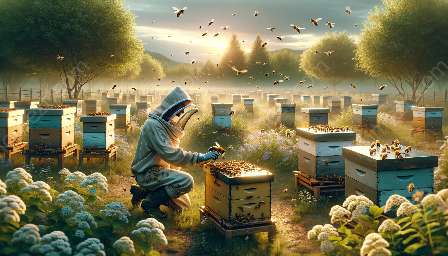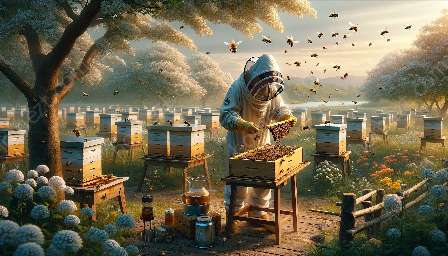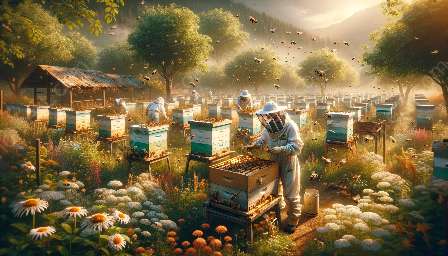Bee colony management involves the careful and responsible stewardship of bee populations. This comprehensive guide will delve into the intricacies of bee colony management, focusing on maintaining healthy colonies and effectively addressing pest control issues. By understanding the intricate dynamics of bee colonies and implementing the proper pest control measures, beekeepers can ensure the well-being and sustainability of these vital pollinators.
The Importance of Bee Colony Management
Bees play a crucial role in ecosystem health and agricultural productivity through pollination. As such, the management of bee colonies is essential for supporting the sustainability of these vital insects. Sound bee colony management practices can help ensure the health, productivity, and longevity of bee populations while mitigating the impact of pests and diseases.
Understanding Bee Colonies
Successfully managing bee colonies begins with a deep understanding of their natural behavior and biology. Each colony consists of a queen, worker bees, and drones, each with specific roles and responsibilities within the hive. By comprehending the complexities and needs of bee colonies, beekeepers can take proactive measures to maintain their well-being.
Maintaining Healthy Bee Colonies
One of the cornerstones of bee colony management is the maintenance of healthy and thriving bee populations. This involves providing adequate nutrition, ensuring a suitable living environment, and implementing disease prevention strategies. By promoting the well-being of the bees, beekeepers can support their ability to pollinate crops and contribute to the overall health of the environment.
Pest Control in Bee Colonies
Effective pest control is integral to safeguarding bee colonies from detrimental infestations and diseases. Common pests, such as Varroa mites, wax moths, and hive beetles, can threaten the stability of bee colonies if left unchecked. Utilizing appropriate pest control methods, including organic treatments and integrated pest management, is crucial for protecting the health and productivity of bee populations.
Implementing Sustainable Pest Control Measures
To address pest control in bee colonies, deploying sustainable and eco-friendly strategies is paramount. This approach involves the careful use of natural predators, such as certain beneficial insects, to target pests without harming the bees. Additionally, the integration of cultural practices, such as hive hygiene and proper hive spacing, can further deter pest infestations and optimize bee colony health.
Educational Outreach and Best Practices
Sharing knowledge and best practices in bee colony management and pest control is instrumental in fostering responsible beekeeping practices. By offering educational resources and outreach programs, beekeepers can contribute to the greater awareness and understanding of bee colony management in their communities. Collaborating with agricultural extension services and organizations also enables beekeepers to stay informed about the latest advancements in pest control and bee health management.
Conclusion
Bee colony management encompasses a comprehensive approach to sustaining healthy bee populations while addressing pest control challenges. Through conscientious stewardship and a commitment to implementing effective pest control measures, beekeepers can contribute to the vitality of bee colonies and their indispensable role in biodiversity and agricultural ecosystems.

